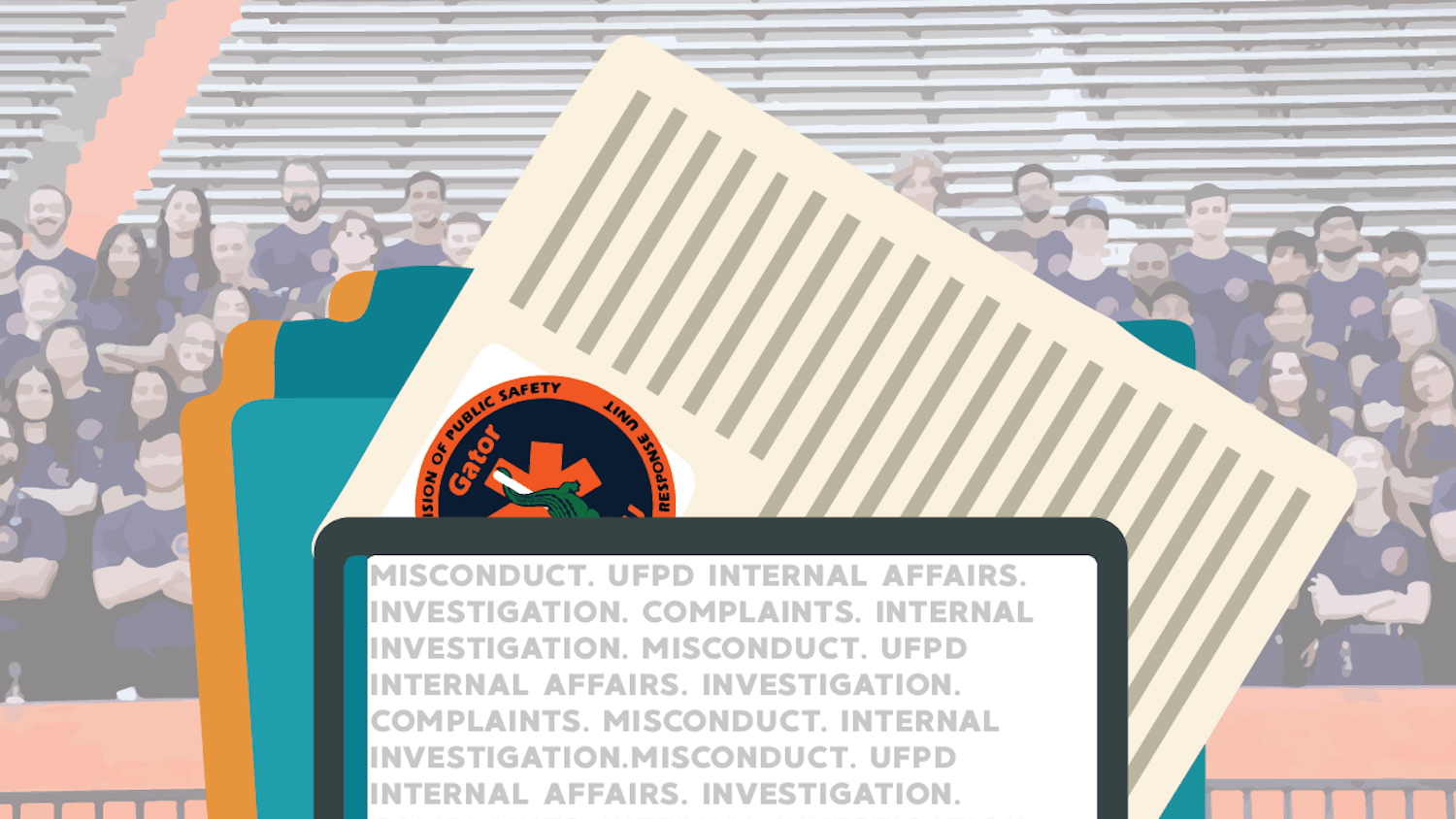A black, single mother works two jobs to make ends meet.
Her community, forsaken by politicians who swore to stand for her, is rotting. Good jobs are hard to find when all the space around you is taken up by public housing, and it’s impossible to afford a car.
So she takes the train or the bus, adding more time to her commute. Her children, meanwhile, are left alone. There are no child care facilities in her impoverished neighborhood, much less any money to pay for them.
Because of segregation that occurs in the nation’s largest cities, most families around her are in the same situation. With little income, there aren’t many taxes to go to schools or community programs, either.
So her kids get a subpar education despite her two jobs. It’s hard to imagine her children would be very motivated after seeing their mom’s fate.
Thus, the cycle repeats. Race and poverty are tied together like profit and exploitation.
African Americans have the second-highest rate of poverty behind American Indians at 25.8 percent. That’s one in four people. Meanwhile, the poverty rate for white people is only 11.6 percent, according to the U.S. Census Bureau.
It shouldn’t be surprising, then, that 50 years after the March on Washington, the unemployment rate for black people has consistently been about double that of whites since 1954, the earliest year the Bureau of Labor Statistics has consistent data relating to race and unemployment.
Many people don’t like these facts. Victim-blaming thrives in our culture, and it’s easy to blame the impoverished for their misfortune from a position of power. They’ll pat themselves on the back for living in a country with a black president, calling the U.S. a post-racial society and quickly forgetting the birther movement that sprung up in the wake of his election.
But the problem isn’t a lack of work ethic among ethnic populations in the U.S. – it’s systemic racism that stops people from realizing their full potential.
You see it in the disparity of education, the economic and geographic segregation and unemployment.
A study done by the National Bureau of Economic Research sheds light on the unemployment issue, titled “Are Emily and Greg more employable than Lakisha and Jamal?” The answer is a resounding yes.
Researchers responded to help wanted ads in Boston and Chicago with fake resumes that were identical except one thing — some fictitious applicants had white-sounding names while others had black-sounding names. Resumes with white names had 50 percent more callbacks than their black counterparts.
All of this information begs the question: What is to be done?
When the war on poverty has become against the poor instead of against people being poor, there is a lot to be done.
We need to reform welfare. As it stands, families can lose benefits for having too much in savings — discouraging them from getting ahead. How can we expect people to lift themselves out of poverty if we destroy the bridge when they’re halfway across?
We need to fund education in these low-income areas. Rather than basing funding on performance, which will undoubtedly be worse in schools with fewer resources to begin with, we must give minority children access to the same programs that children privileged enough to go to schools in good neighborhoods have.
Most importantly, we need to recognize as a nation that racism itself is a cause of poverty. We need to eliminate it, not just in the way we talk about things, but in practice. Without racial discrimination, minorities will have greater access to jobs, geographic segregation will wane, and equality will finally mean something in the country supposedly built on the ideal.
Justin Jones is a UF journalism senior. His columns appear on Thursday. A version of this column ran on page 6 on 1/16/2014 under the headline "Victim-blaming ignores race, poverty ties"





